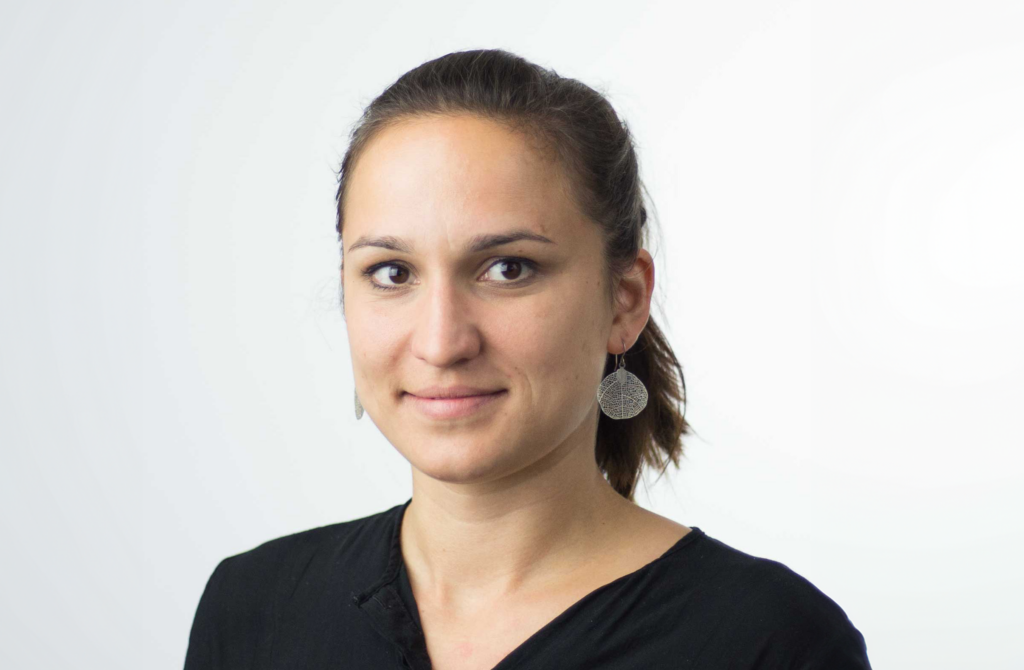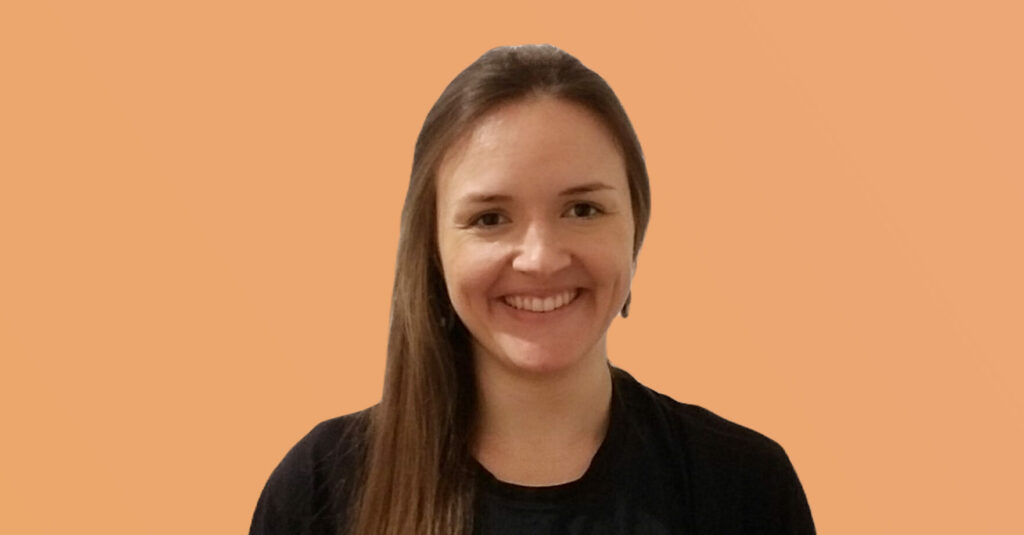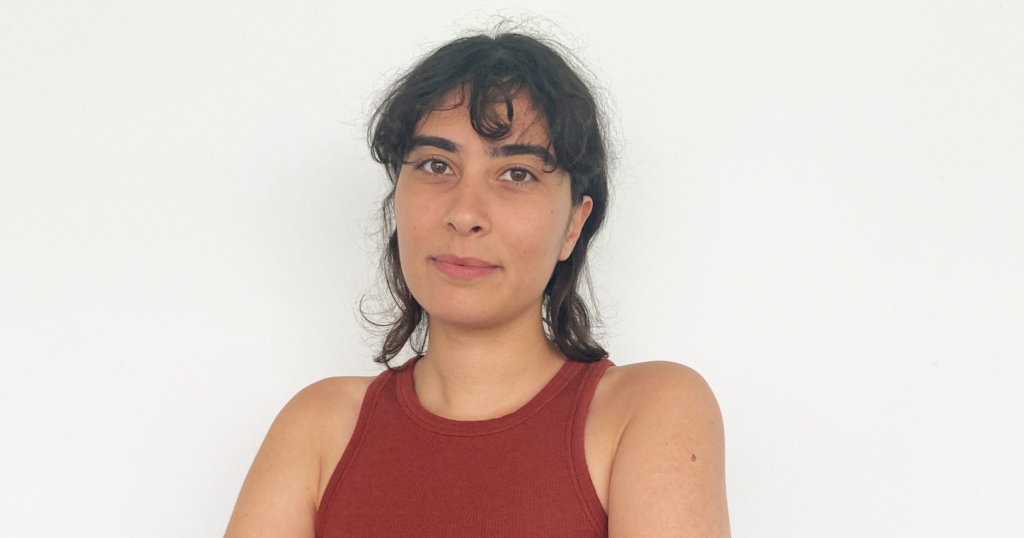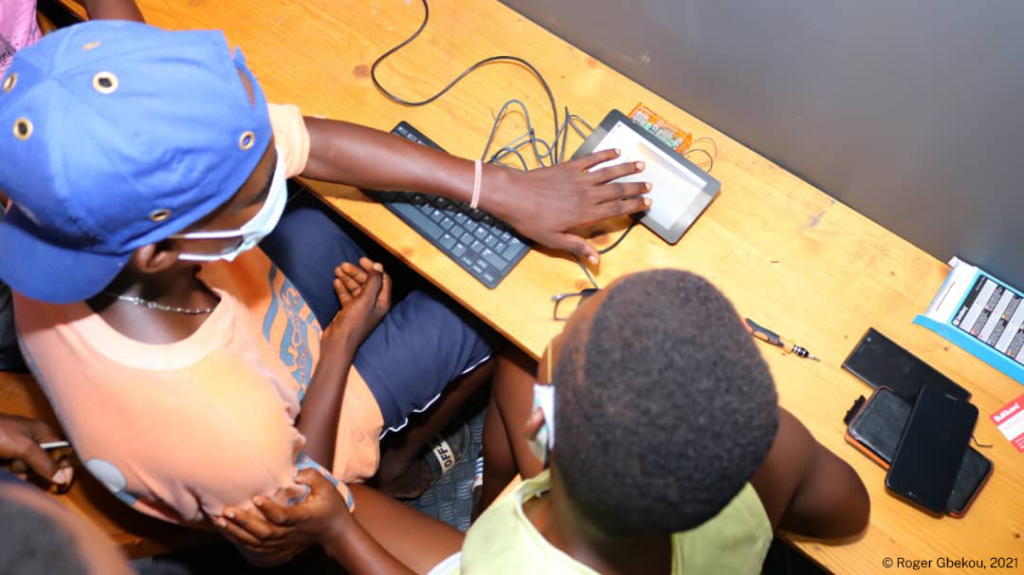We
The Design Research Lab is a network of people, organisations, and non-human agents engaged at the intersection of technologies, materials, and social practices. Our aim is to design socially and ecologically sustainable tools, spaces, and knowledge that support people’s participation in a digital society – based on common principles of inclusiveness and respect for the planet. This puts the basic democratic right to take part in the digital sphere into practice. We start our research from individual lifeworlds and the needs of minoritized groups, beyond consumer majorities.
We are an interdisciplinary team of designers, researchers, tech-enthusiasts and critical thinkers from Berlin University of the Arts, German Research Center for Artificial Intelligence (DFKI), Weizenbaum Institute for the Networked Society, as well as Einsteincenter Digital Future (ECDF).





































